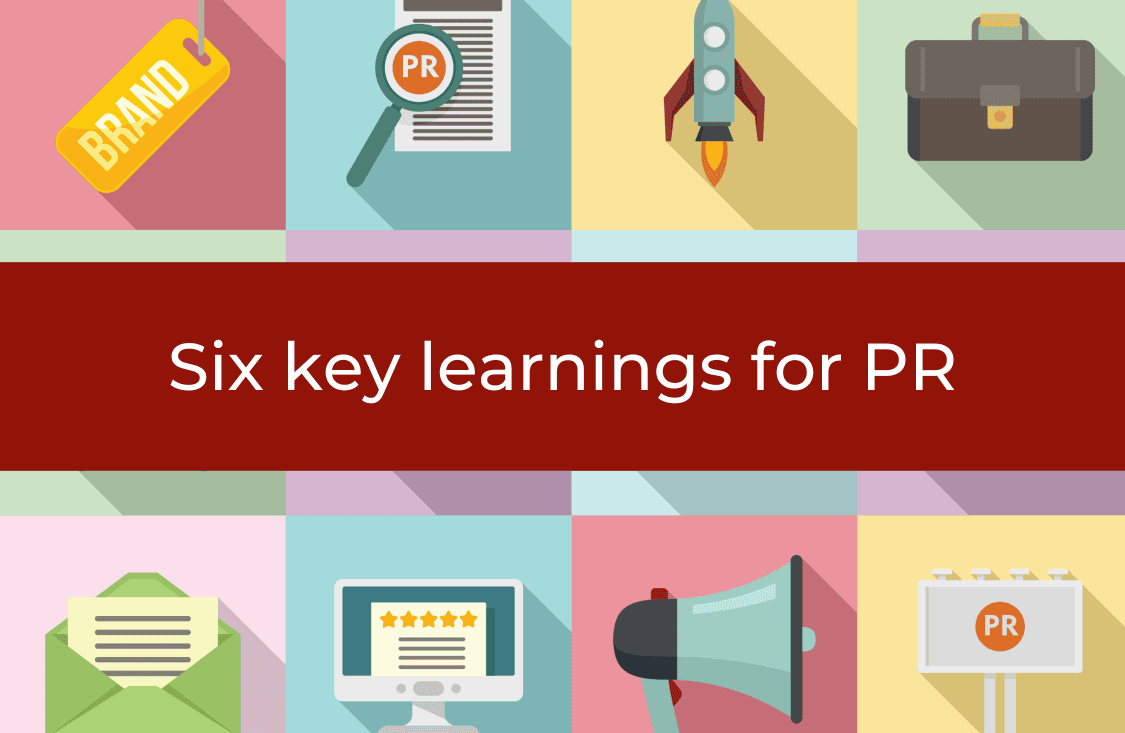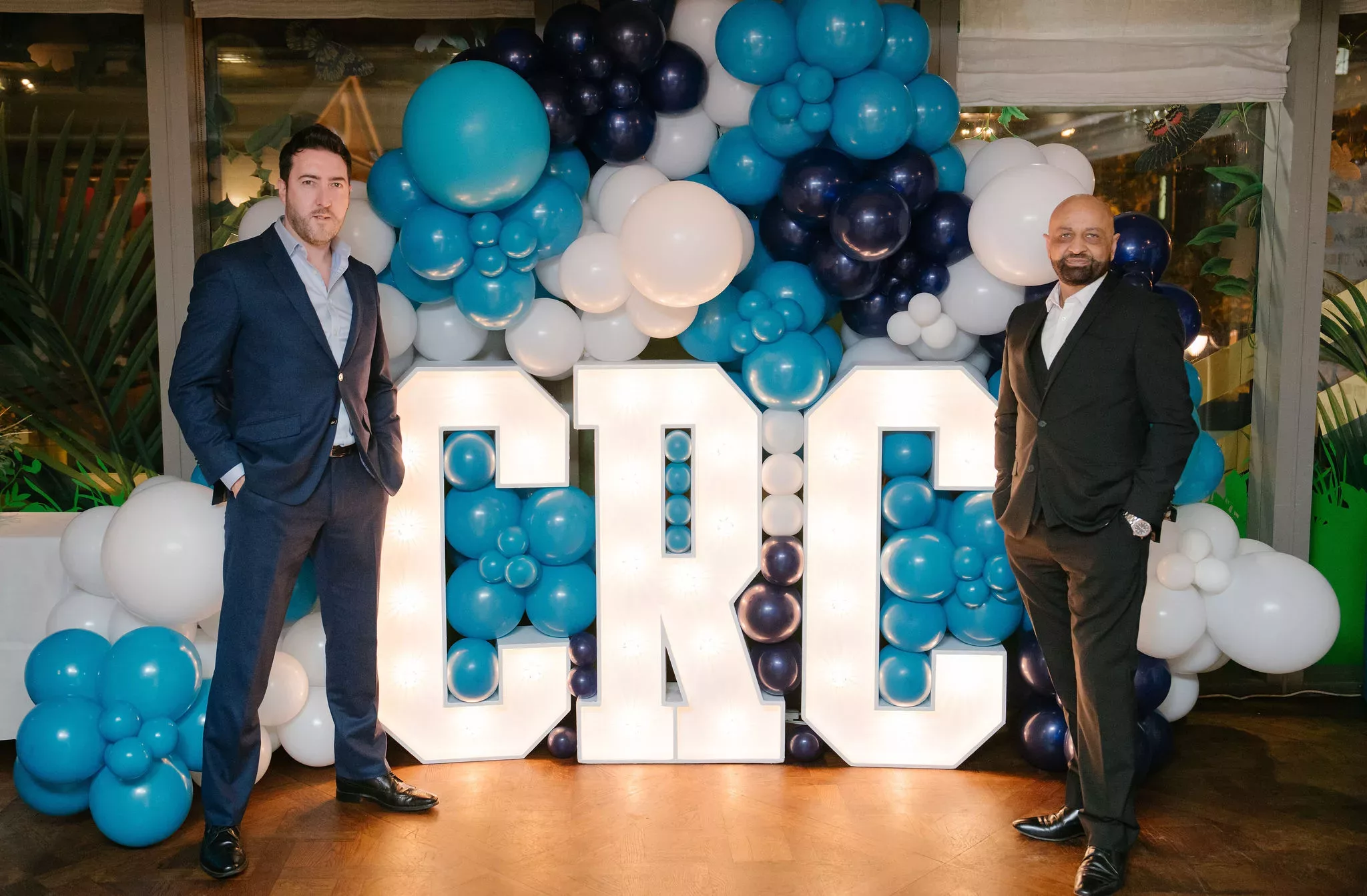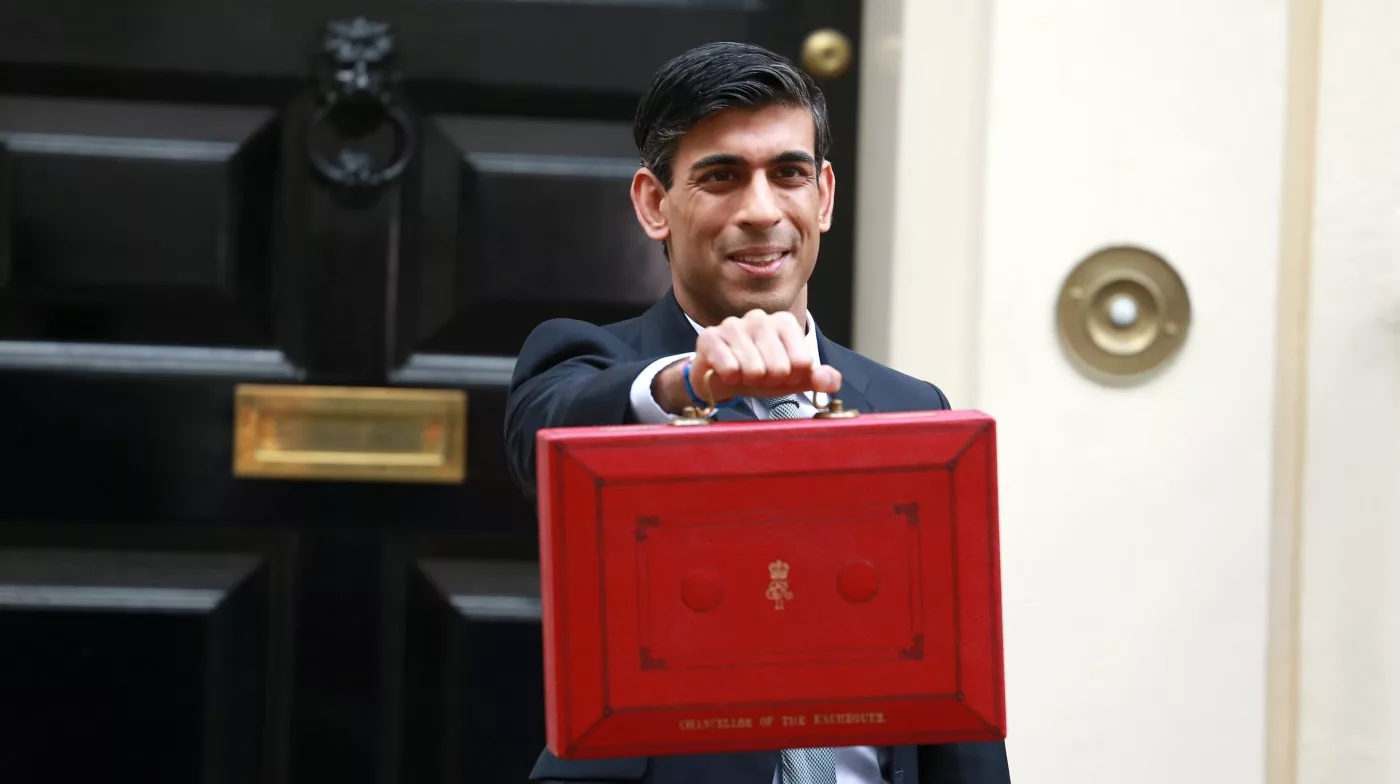Six things I’ve learnt in my first six months in PR

Ned Eckersley joined City Road Comms in September 2023, marking his first move into the world of PR and comms.
Reflecting on his first six months with the agency, Ned shares six key lessons he learnt to date.
1. Understanding your audience
Whether targeting consumers, business leaders or investors, you must ensure the message is tailored directly to the desired audience. That means delving beyond those simple groupings – consumers is an incredibly diverse audience group – and zoning in on a particular profile of person or organisation.
Creating compelling campaigns that showcase the client as an industry leader can only be achieved by clearly understanding the needs and interests of the intended readers. So, start with the audience and work backwards from there.
2. Relationship building
Despite the majority of my work taking place behind a screen, the ability to create meaningful relationships with different stakeholders is clearly a valuable skill. Showing the client that you are as invested in their journey as they are builds a sense of trust and confidence; demonstrating to journalists that your reliable, responsive and have done your homework ensures you get their attention; being open with colleagues about when you need support, or when you are on hand to support them, creates a far better team environment.
3. Clear and interesting copy
It’s all good to have ideas, but they count for very little if you can’t bring that idea to life. And that typically means creating great copy.
The ability to communicate with journalists and, ultimately, the reader in a clear, concise and interesting manner can separate you from the crowd. On top of this, your pitch must be attention-grabbing. The competition for journalists’ attention and, ultimately, media coverage is fierce; I can only imagine the state of a journalist’s inbox, so the subject line and summary of your pitch play a vital role in securing coverage.
4. Adaptability
Reactive PR is where you learn about your ability to create concise and knowledgeable copy under pressure. A story breaks and you might have ten minutes to write 200 words to analyse it.
You need to be on top of the news, find a compelling hook and produce high-level copy in a short space of time. For me, when it all comes together, and the coverage comes rolling in, it’s the most rewarding element of PR.
5. Thinking creatively
When coming up with ideas for a new PR campaign, especially when using quantitative research, it’s easy to follow the crowd – you look for trending topics and, in doing so, can get caught up by discussing the same topics as everyone else.
But this is dangerous. You can convince yourself that a PR campaign is “on trend”, but it’s a very fine line between that and simply doing what everyone is doing.
At City Road Comms, we commission research for clients to explore pertinent trends and issues. Finding an innovative angle on a topical industry issue is essential in order to get great data but also give you an edge when trying to place your research in the media.
Crucially, to get that unique angle, I’ve learnt how important it is to work as a team and provide constructive criticism. You can’t shy away from telling a colleague that an idea is too bland or has been done before – scrutinising each other’s work is key if as an agency we are to create campaigns that make our clients stand out.
6. Enjoy the outcome
The most rewarding part of the job is receiving feedback from clients who are over the moon with the results and tell you what an impact media coverage has had on their bottom line.
Amidst the day-to-day work, it’s important to take a moment to reflect on positive feedback and celebrate successful campaigns as a team.

Ned Eckersley
Communications Executive
About the author
Joining City Road Communications as a Communications Executive in September 2023, Ned brings with him a team-focused mentality and a passion for current affairs. His strengths lie in the written word, and he will start by working with clients in the Fintech and property sectors. Ned is a former professional athlete who represented Leicestershire and Durham.
Email



















